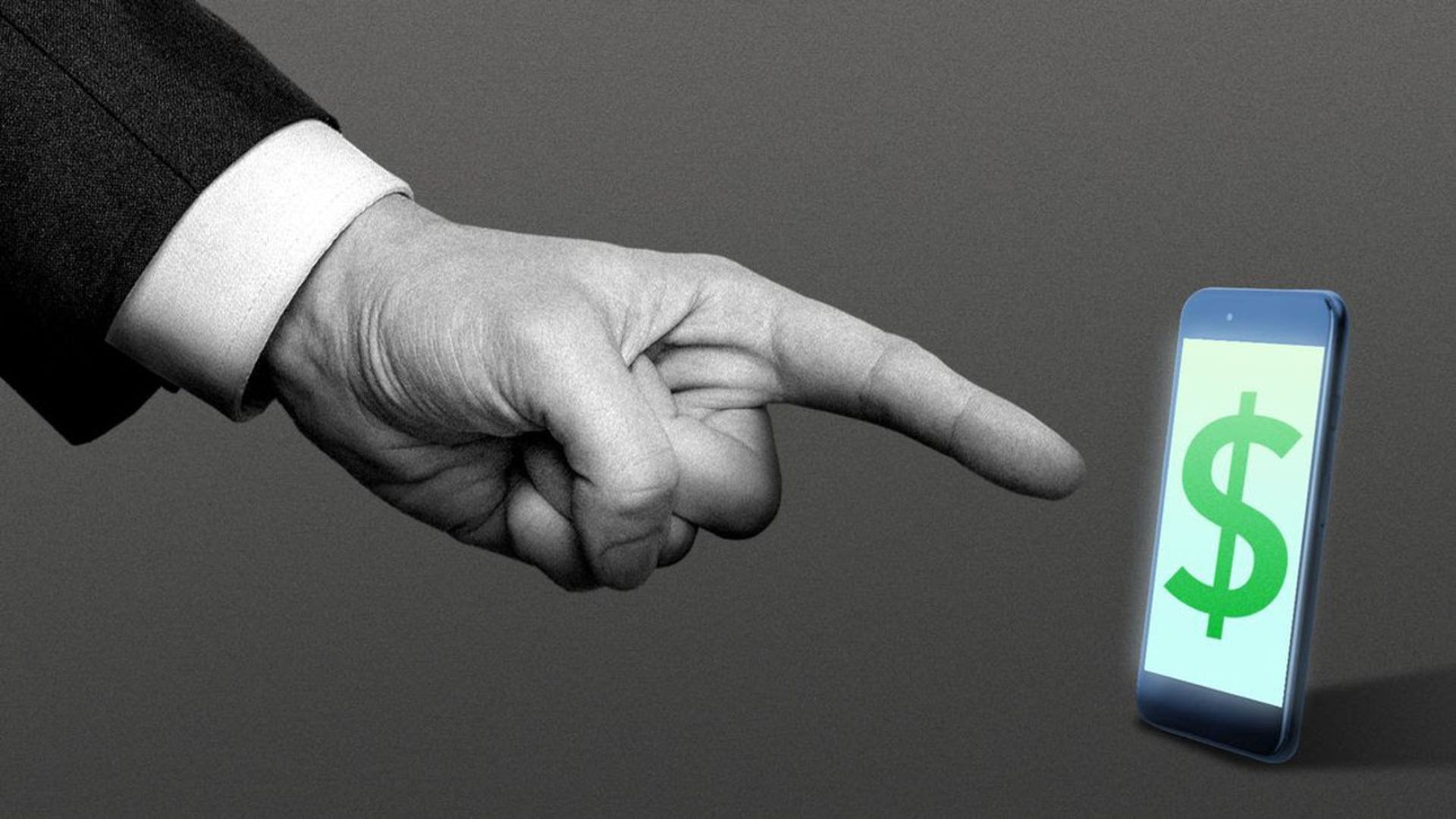Nov 22, 2019 - Economy
The gig economy hits roadblocks from state-level regulators
Add Axios as your preferred source to
see more of our stories on Google.

Illustration: Sarah Grillo/Axios
This week there was a pair of lower-level government roadblocks for the gig economy's path to profitability.
Driving the news: New Jersey fined Uber $649 million for years of back-taxes, including $119 million in interest, for allegedly misclassifying its drivers as independent contractors instead of as employees.
- This is different from the situation in California, where state legislators are seeking to codify gig economy "employment." In New Jersey, the state's labor department believes Uber skirted existing law.
- It's the first such state lawsuit ever against Uber, which plans to challenge NJ's determination.
- If N.J. is successful, many other states could pursue similar claims against Uber and other gig economy companies — the sort of thing that even the best-capitalized of them would struggle to handle.
Also happening: Washington, D.C. is suing DoorDash for allegedly misleading customers about how tips factored into delivery worker pay.
- Again, the contractor vs. employee dichotomy is at issue. D.C. allows "tipped wages," meaning that businesses can pay certain workers like restaurant servers less than standard minimum wage, so long as tips fill the gap.
- But, the D.C. attorney general's office tells Axios that it views DoorDash as different because a restaurant server is an employee, not a contractor.
- DoorDash recently decided to change its tipping policy. But it could be on the hook for costly penalties in D.C., let alone in other jurisdictions that follow suit. And it's hardly the only gig economy company to have used a similar tipping process.
Go deeper:

